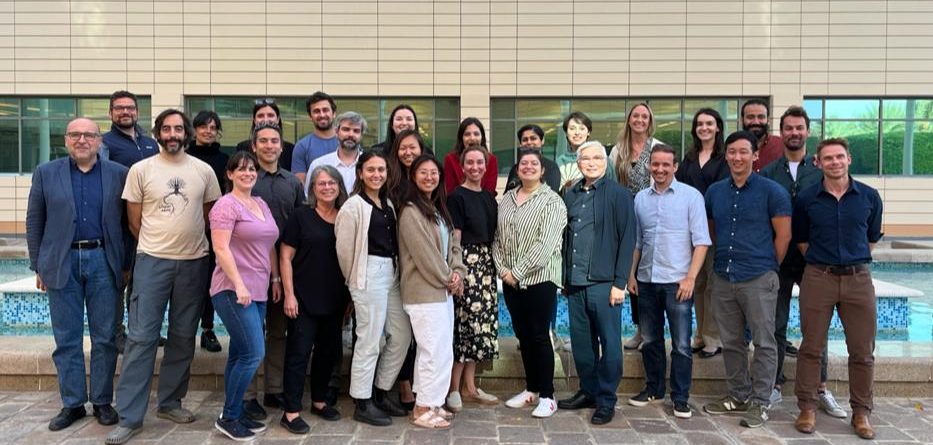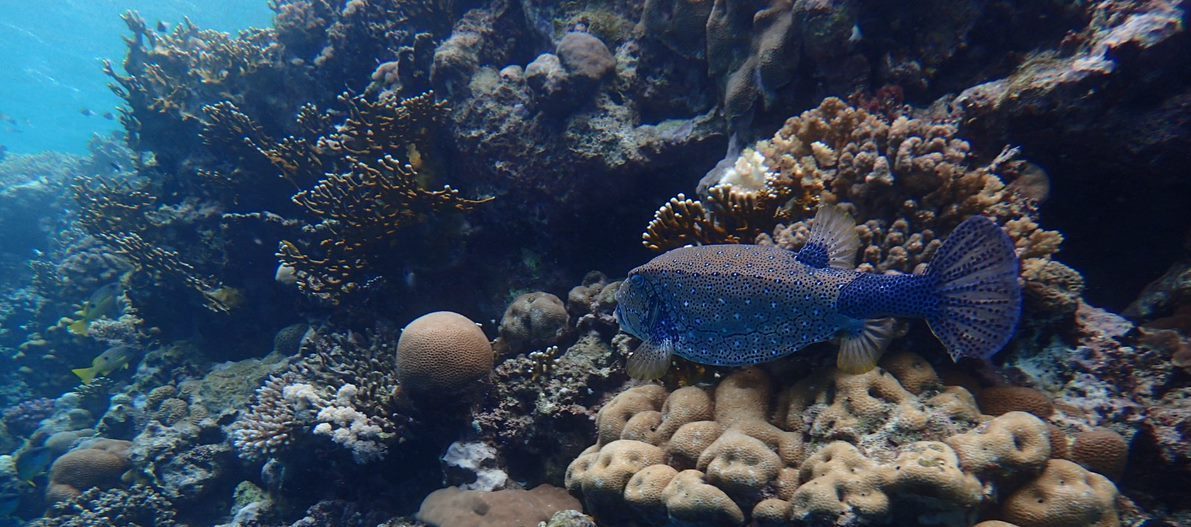
UF Ph.D. student Sara Swaminathan and ecologist Andrew Altieri joined a global consortium of experts in deoxygenation, which is the decline in oxygen levels in oceanic and coastal waters, at the King Abdullah University of Science and Technology (KAUST) in Saudi Arabia to collaborate on two synthesis papers that will harness global perspectives to advance knowledge on this phenomena.
Deoxygenation, also known as hypoxia, is a critical area of study as it can have dramatic impacts on organisms’ behavior and survival.
“Unless constantly monitored, many of these deoxygenation impacts may go unnoticed until it’s too late,” said Swaminathan. “Deoxygenation commonly accompanies many stressors that are expected to increase with climate change, for example, ocean warming, harmful algal blooms, and eutrophication. It’s important we understand how deoxygenation will affect our coastal ecosystems, as it is likely to become increasingly common and severe.”
Scientists don’t have a clear understanding of where hypoxia events occur in the tropics due to insufficient oxygen monitoring and a lack of widely used reporting tools. Workshop participants identified knowledge gaps and research needs, with the goal of contributing to a more robust body of knowledge on this crucial topic.
Post-workshop, the collaborators will conduct further analyses, discuss results and draft the research papers.

While there, Swaminathan and Altieri also had an opportunity to snorkel in the Red Sea, home to some of the most productive and diverse coral reefs in the world.
“I was astounded to see such high coral cover and diversity,” said Swaminathan. “The workshop was a memorable experience.”